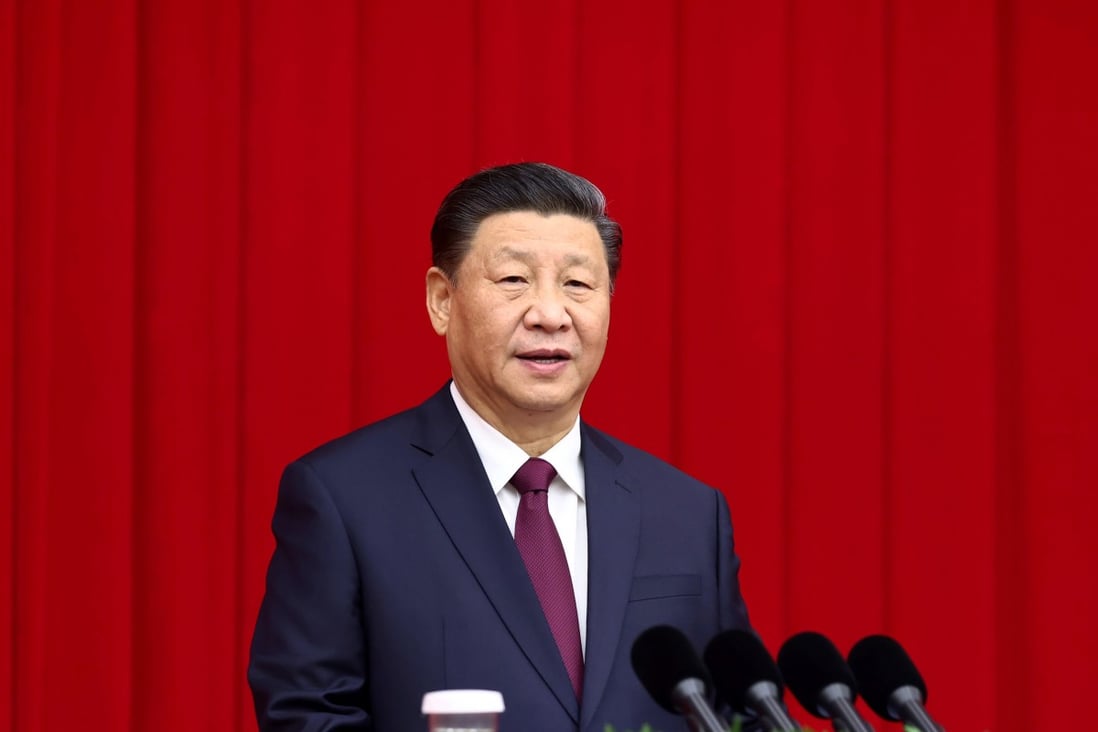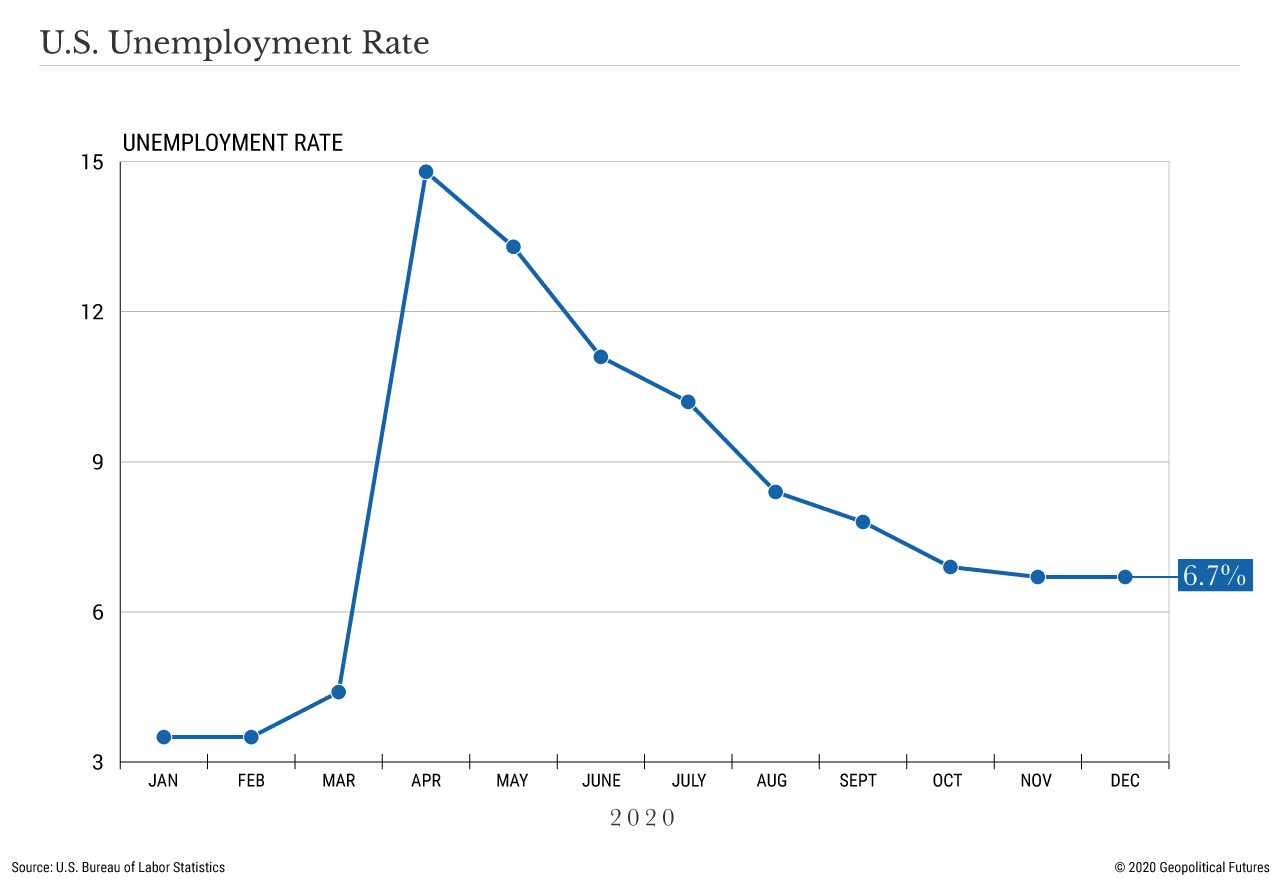BY SALVATORE BABONES

The shift from devices to apps means much more than just a new business model for the likes of Apple and Samsung. It also has serious economic and even geopolitical implications. Unlike devices, which are tied to physical production networks, apps can be developed anywhere. As a result, the Indian economy, long hobbled by its relative isolation from tight-knit East Asian subcontracting networks, may finally be freed from the tyranny of geography.
India’s landlocked southern city of Bengaluru has emerged as the country’s technology capital. It consistently garners nearly half of India’s technology startup funding and is home to a plethora of technology incubators and accelerators. Its big names include Flipkart (India’s leading online marketplace), Swiggy (food delivery), Udaan (B2B marketplace), and BigBasket (online groceries). India’s dominant ride-hailing firm, Ola, moved its headquarters from Mumbai to Bengaluru as it grew and needed to access a larger pool of developer talent.
Potentially much more important for India’s efforts to climb up the value chain is Bengaluru’s emerging role as a global app development center.












